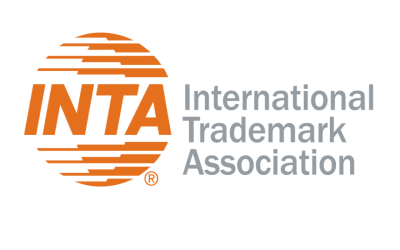The Board of Appeal (BoA) has upheld the EUIPO examiner’s decision to reject EUTM Application No. 18622650 for the contested sign below due to a lack of distinctive character (Article 7(1)(b) EUTMR) for all the services applied for, namely, various financial, real estate and construction related services in Classes 36 and 37.

The contested sign is an emoji depicting the internationally known hand sign for ‘I love you’, which comes from US sign language. The BoA stated that emojis “function as a parallel language, which convey a nuanced meaning and make it easier to express feelings… as a rule, they are not perceived as an indication of origin”.
I believe the BoA came to the correct decision because all emojis should remain free for everybody to use. The primary function of emojis is to provide emotional cues otherwise missing from typed conversation – they are supposed to be generic and unbranded to allow for ease of expression.
The Applicant tried to argue that although the sign may be an emoji, it did not constitute an ‘I Love You’ sign and instead had no clear meaning. The Applicant referred to differences between their sign and the ‘I Love You’ emoji, in particular the fact that the ‘I Love You’ emoji depicts a right-hand sign, whereas the subject mark is a left-hand sign.
The BoA pointed out that is not decisive whether the sign is carried out using the right or left hand, nor is the left hand a feature capable of making the sign distinctive. The same applies to the other differences emphasized by the Applicant, such as the proportions and color of the hand.
The BoA emphasized that the relevant public is familiar with various pictograms, including emoticons and emojis, which are commonly used in private conversation to express generally positive feelings, such as joy, affection, enthusiasm, or happiness. Therefore, they will not be perceived as an indication of origin but rather as “general advertising messages or decorative elements lacking distinctive character”.
Overall, in the context of the services in question, the BoA found that the contested sign would be perceived as a simple representation of a positive gesture, namely, an advertising message indicating that customers will be highly satisfied with the services offered under the sign and will think of them on account of their satisfaction with a feeling similar to love. As a general representation of a positive gesture or connotation, the sign does not contain anything that would enable the targeted consumer to assign the goods to a specific commercial origin.
Emojis do not designate a source of commercial origin and, thankfully, they will not start to now. If brands penetrated the world of emojis, we would have branded food and clothing emojis, which would complicate the simplicity that emojis currently provide. The decision in this case is particularly important because the emoji at issue is an internationally recognized sign language hand sign, which should remain free of any commercial connotations or indications of origin.
You may also like…
INTA files statement in intervention in EU case on the inherent distinctiveness of color combination trademarks
New York, New York—July 24, 2024—The International Trademark Association (INTA) has filed a Statement in...
Bytedance stumbles in Singapore: IPOS rejects TIKI trademark challenge
The social media giant Bytedance, owner of the ubiquitous TikTok platform, recently suffered a setback in Singapore....
TOUR DE FRANCE fails in the third stage against German fitness studio chain
At the end of June, the 111th edition of the Tour de France kicked off. June also saw the end of a dispute between...
Contact us to write for out Newsletter















